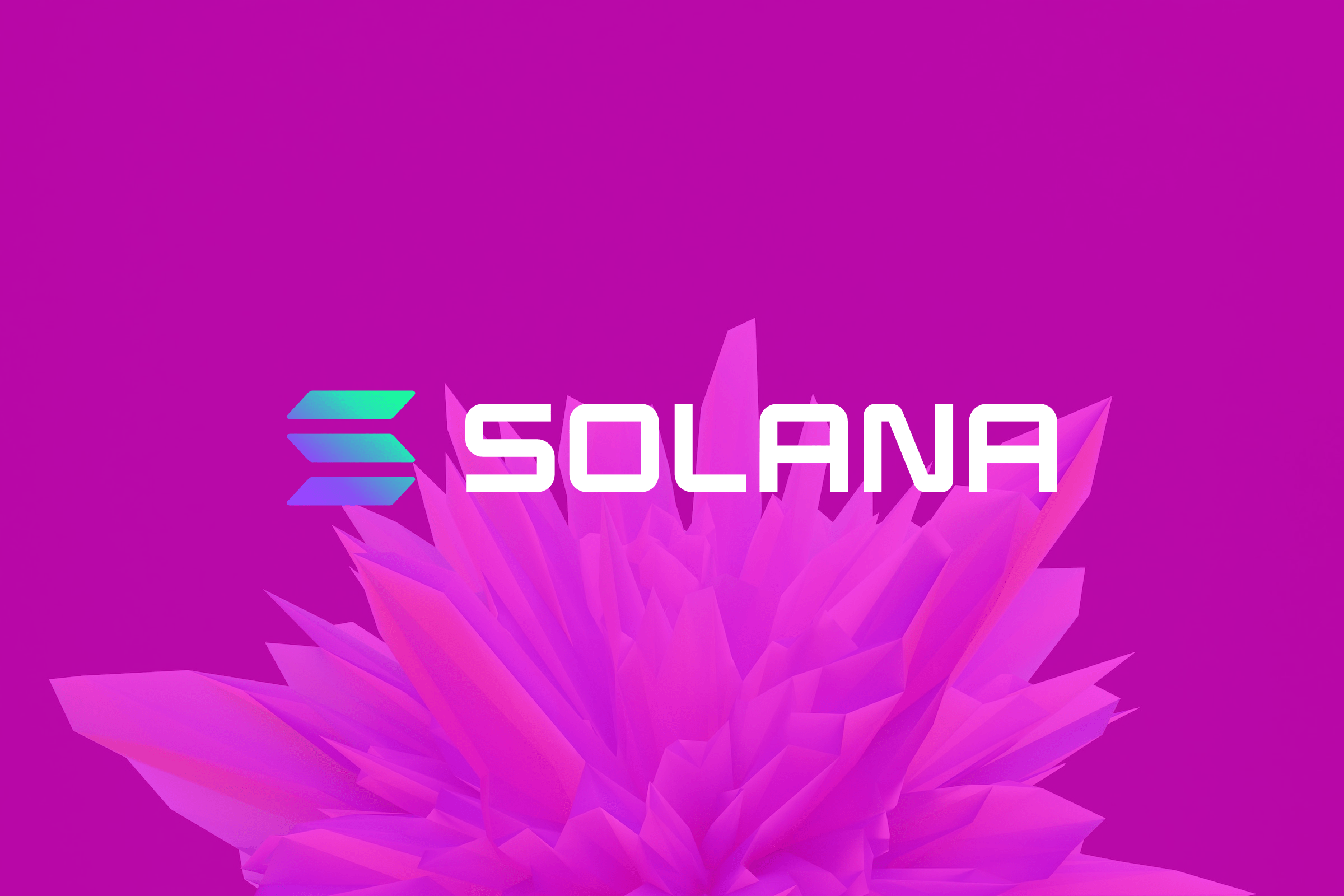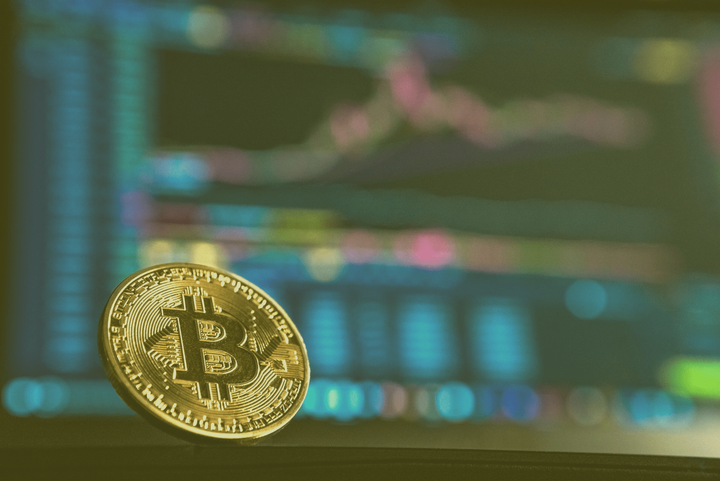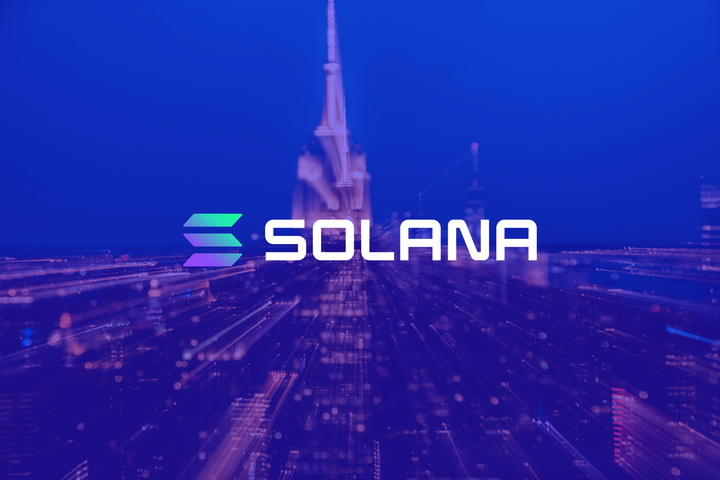Visa Announces USDC Settlement on Solana

What Visa's Move Means for Solana and Stablecoins
Visa, one of the most recognized names in the financial world, sent shockwaves through the cryptocurrency market with its latest announcement. On a seemingly average Tuesday, Visa declared that it would expand its stablecoin capabilities to include the Solana network for settling transactions with the USDC stablecoin. This news was a significant win for Solana, whose native token, Sol, saw an immediate uptick in value. While other cryptocurrencies like Bitcoin and Ether remained largely unchanged, Sol was up 4.39% at $20.25, according to CoinMarketCap, even peaking at a 6% increase at one point.
This wasn't just a good day for Solana; it was a landmark moment that could have far-reaching implications for the entire crypto industry. For one, it brought immediate attention to stablecoins, particularly USDC, the second-largest stablecoin in the market. Bernstein, a renowned research firm, sees stablecoins as a nearly $3 trillion opportunity over the next five years. Visa's move is a strong validation of that prediction.
So why is this announcement such a big deal? Well, let's start by understanding what stablecoins are. In the volatile world of cryptocurrencies, stablecoins like USDC provide a safe harbor by tying their value to a stable asset, such as the U.S. dollar. Visa's decision to allow USDC settlement over the Solana network is a considerable boost for the adoption and legitimacy of stablecoins. Furthermore, it shines a light on Solana as a viable alternative to Ethereum, especially for developers looking for speed and cost-effectiveness.
But that's just scratching the surface. Let's delve deeper into what this means for the key players involved—Solana, Visa, and the broader crypto market—in both the short term and the long term.
The Immediate Impact on Solana
For Solana, this is an endorsement like no other. While it has been making strides as a fast and cost-effective blockchain network, having Visa onboard is a monumental stamp of approval. Developers who may have been on the fence about whether to build on Solana now have a compelling reason to jump in. Its year-to-date gain is already one of the largest in the crypto market, boasting a 101% increase. With Visa's backing, we can expect more developer activity, which in turn will drive up the utility and value of the Sol token.
Visa's endorsement also serves to differentiate Solana from other Ethereum alternatives. In a crowded market, where multiple blockchains are vying for developer attention, Solana has managed to stand out. Its capabilities in handling high throughput with lower costs make it particularly attractive for financial applications, including stablecoin transactions. This kind of differentiation is crucial in attracting a broad range of use-cases, from decentralized finance (DeFi) to non-fungible tokens (NFTs).
Visa's Strategic Play
Now, let's talk about Visa. The company isn't new to the crypto game; it has been experimenting with USDC since 2021. By extending its stablecoin capabilities to include Solana, Visa is making a strategic move to stay ahead in the financial technology landscape. The payments giant mentioned that this development could "improve the speed of cross-border settlement and provide a modern option for our clients to easily send or receive funds from Visa's treasury."
This is part of a broader trend where traditional financial institutions are increasingly integrating blockchain technology. Visa recognizes that the future of finance is rapidly moving toward decentralization, and it doesn't want to be left behind. The integration with Solana will not only make transactions faster but also cheaper, which is a significant advantage in the highly competitive payments industry.
The move also positions Visa as a pioneer in embracing stablecoins for mainstream financial transactions. It's a calculated risk, but one that could pay off handsomely as stablecoins continue to gain traction. Bernstein's prediction of a $3 trillion market for stablecoins in the next five years could very well come true, and Visa would be well-positioned to capitalize on that growth.
Long-Term Implications for the Crypto Ecosystem
While the immediate effects of Visa's announcement are indeed exciting, the long-term implications are even more intriguing. This move sets the stage for stablecoins to become an integral part of the financial ecosystem. As Bernstein mentioned, we can expect major global financial and consumer platforms to issue co-branded stablecoins to power value exchange on their platforms. In simpler terms, stablecoins could become the de facto medium of exchange for a broad range of online transactions, from retail payments to complex financial instruments.
This development could also serve as a catalyst for regulatory clarity. As stablecoins become more ingrained in the financial system, it's likely that regulators will step in to provide more structured guidelines. This could be a double-edged sword; while regulation may impose some restrictions, it will also give institutional investors the confidence to dive into the stablecoin market, further driving its growth.
As for Solana, its partnership with Visa is just the tip of the iceberg. The blockchain is well-positioned to attract a host of other financial services and applications. We could see Solana becoming a hub for DeFi applications, NFT marketplaces, and even decentralized autonomous organizations (DAOs). The network's high throughput and low transaction costs make it ideal for these types of applications, potentially making it a cornerstone of the next generation of the internet, often referred to as Web 3.0.
Finally, let's not forget the broader crypto market. While Bitcoin and Ether didn't react much to Visa's announcement, it's a wake-up call that the crypto landscape is rapidly evolving. Newer, more efficient blockchains like Solana are continually emerging, challenging the established players. It's a reminder that in the fast-paced world of crypto, innovation is the only constant.
So there you have it. Visa's announcement to support USDC settlement on Solana is more than just a headline; it's a pivotal moment that could shape the future of finance as we know it. From boosting the credibility of stablecoins to putting Solana on the map as a serious contender in the blockchain space, this is a game-changing move that has set the stage for exciting developments in the years to come.


